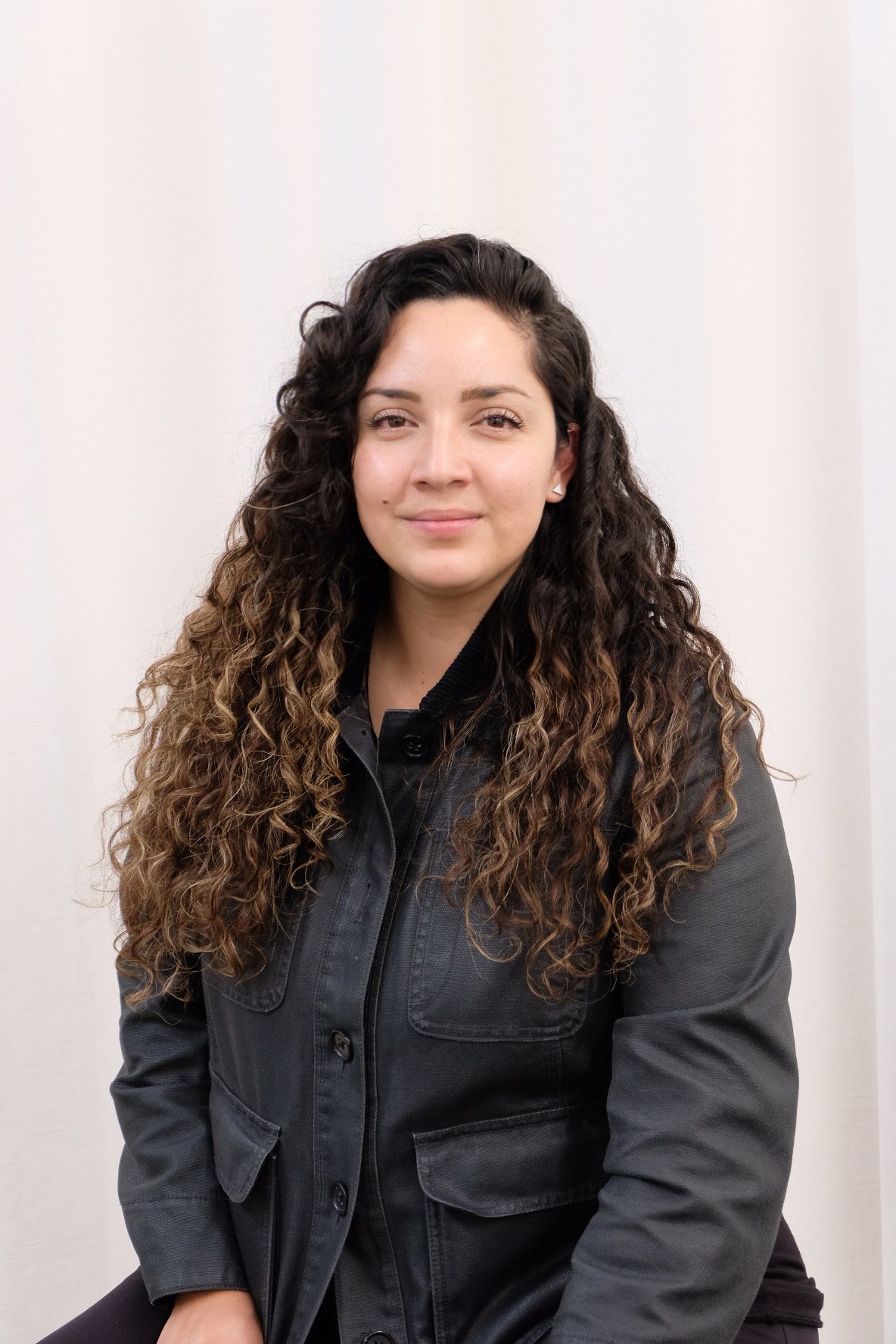"El Dorado: the scalability of craft"
1 AIA LU|HSW Available
Join us as we discuss the importance of craft on a range of scales through the work of El Dorado.
In the Market Street Station project we’ll explore craft at the scale of an entire downtown city block. The project is a unique urban design challenge in the historic LoDo District of Denver: to design an entire city block from the ground up. The recently completed adaptive re-use/renovation of the Denver Union Station left the former downtown bus terminal at 16th and Market, open for new development. Through a rigorous massing and design review process, the firm worked closely with the developer’s models to generate multiple site design iterations, ultimately landing on site strategies that deploy a high concentration of mixed-use urban density. Through rigorous attention to context and a focus on masonry as an artisan craft, the project is sensitively integrated into the existing city fabric.
In the Albina Vision Trust project we’ll explore craft as it relates to a process of city rebuilding through the lenses of design justice. The Albina Vision Community Investment Plan, initiated by Albina Vision Trust Inc. (AVT), seeks to create a vision and framework for an inclusive community while healing the wounds of previous urban development that displaced and disempowered Portland’s Black community. A wide range of community partners have worked to produce a development vision that lays the groundwork for investment in a diverse community. The vision is anchored by equitable public park spaces that seamlessly connect to the river and its surrounding neighborhoods. It is time to take the next step and transform the vision into action, coordinating and integrating community values and intentions with needed public, private, and community investment. The Albina Vision Community Investment Plan (AVCIP) aims to illustrate how a community anchored in sustained affordability, livability, and diversity can provide value to Lower Albina. Moreover, it will authentically involve the community in crafting a place that serves their needs while simultaneously considering financially feasible strategies for accomplishing this work over time.
Elisandra Garcia
Director of Engagement, El Dorado
Elisandra, the Director of Engagement and Project Designer at El Dorado, combines rich experience in design justice, rooted in her personal journey, activism, and education. Born and raised in Ciudad Juárez, México, she's a first-generation Mexican immigrant and a proud LGBTQIA2S+ member, which fuels her social justice passion, enriched by her border town upbringing. Elisandra received a Bachelor of Science in Architecture from Texas Tech University and a Master of Architecture with Honors from Washington University in St. Louis. Elisandra holds the Design for Spatial Justice Fellowship from the University of Oregon (2021-2023) and leads the Urban Violence Laboratory in Portland. Her commitment to advancing architecture and social justice led her to join El Dorado's Portland office in 2022, where she spearheads Engagement and Diversity, Equity, and Inclusion (DEI) metrics. In addition to her firm and university roles, Elisandra is a Fellow at the National Dean’s Equity and Inclusion Initiative with Dumbarton Oaks in Washington DC and a distinguished panelist for the Architectural Research Center Consortiums.
Daniel Renner
Director of Design Excellence, El Dorado
Daniel is the Director of Design Excellence and an architect at El Dorado. Since 2011 he has worked with El Dorado on projects of diverse scales and typologies and brings clear conceptual thinking, design vision, and innovation. Daniel has an eye for developing compelling, contextual, buildable, and economically grounded projects. For more than a decade Daniel has contributed to the firm’s ethos that craft and design excellence are achievable at any scale and at any budget.
Within the firm, Daniel champions El Dorado’s collective focus on craft, execution, efficiency, clarity, and design excellence. Daniel places emphasis on clear communication and the belief that projects are made better by inclusive thinking and diverse collaborations. Daniel’s role is to push El Dorado to continue exploring project types of greater complexity and social importance while simultaneously refining our internal processes, approaching our work with greater sophistication, and building a firm culture around equity, curiosity, and rigorous design excellence.




